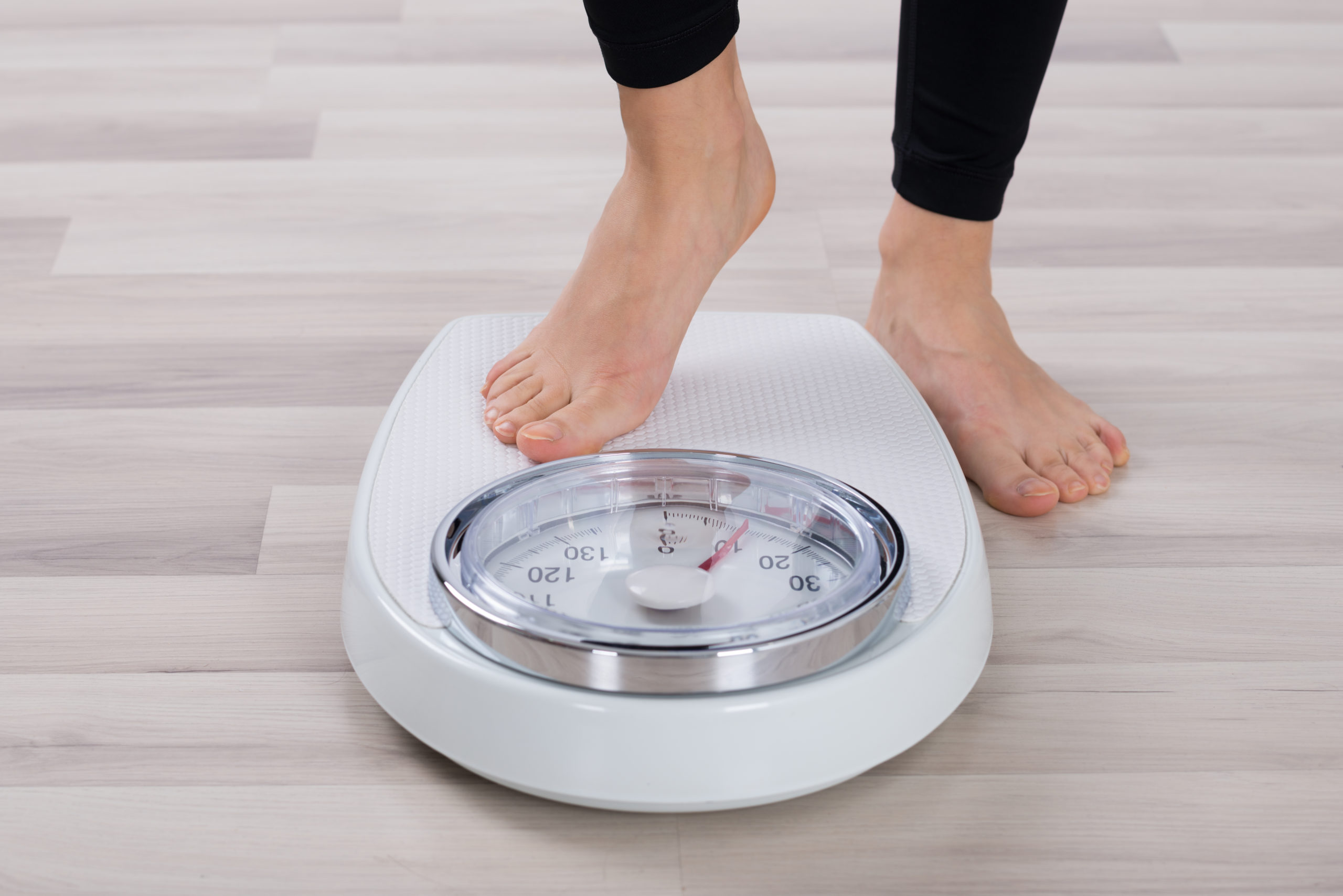When you decide you want to slim down, you can be keen to get results as quick as possible and turn to unhealthy ways to lose weight, but here’s what you need to avoid:
1. Skipping Meals
Skipping meals is not an effective way to lose weight. When you skip a meal, you could become tired, miss out on essential nutrients, experience low mood, or be tempted to turn to high-fat, high-sugar foods when you do decide to eat which will lead to weight gain.

2. Cutting Out Certain Food Groups
Carbohydrates are a common food group for people to cut out in an attempt to shed some pounds, but it’s important to remember that all food groups contain important nutrients that our bodies need. It’s not about eliminating food groups, it’s about getting the balance right.
3. Only Drinking Weight Loss Shakes
Protein shakes can be great for breakfast or lunch, giving us energy for the day ahead but you cannot rely on these solely. Moreover, you need to be aware that there are ‘diet shakes’ out there which aren’t medically approved and just target losing water weight. If you stick to these shakes for long enough, when you turn back to solid foods, you might find yourself piling the weight back on. Remember, there isn’t a magic shake or pill that transforms you overnight – if there was, everyone would be taking them!
4. Over-exercising
Being more active is certainly beneficial if you’re trying to lose weight but you need to know when to stop. The key to any successful weight loss plan is to make small changes that can be sustained; if you’re burning yourself out with intense fitness regimes then you’re likely to reach a breaking point. According to the NHS, adults need at least 150 minutes of physical activity a week and you need to exercise more than this if you want to lose weight.
When you train, your muscle fibers are broken down but your body then repairs and rebuilds them, making them stronger. In order for your body to successfully do this, you need sufficient rest, sleep, and nutrition; over-exercising will prevent your body from being able to repair and rebuild your muscles.
5. Working Out On An Empty Stomach
When your body needs energy for your activities, it can break down your lean muscle mass and convert it to glucose for energy if you haven’t been eating enough. Moreover, exercising without eating can lead to you feeling faint whilst working out and you could suffer an injury.
6. Being Too Restrictive
If you’re far too strict on yourself when it comes to eating (i.e. ‘i’m not even allowed a whiff of chocolate!), you can be more tempted to break the ‘rules’ which you have set yourself. Furthermore, if you do break one of your ‘rules’, you might be too hard on yourself and give up on your weight loss progress entirely under the impression that you’d failed. Be kind to yourself and be realistic – ask yourself whether you could sustain your current eating habits and if the answer is no, you should think about eating mindfully rather than strictly.
7. Sticking To A Liquid Diet
Consuming food in pure liquid form, whether it be soups or juices, is not a sustainable, long-term way of losing weight. Many soups are also high in sodium which can increase your blood pressure and you may be undereating in terms of calories which can lead to its own issues (we’ll cover that later).
8. Taking Supplements Without Medical Approval
There are a lot of food supplements out there, all promising big things – but they aren’t all safe or effective to use for weight loss. If you are looking into supplements to help lose weight, you should consult your GP or a healthcare professional as many un-prescribed weight loss supplements can contain ingredients that can harm your health.
9. Undereating Or Starving Yourself
Seriously undereating can prevent your body from functioning normally which can have an effect on your mood and energy levels. Whilst you might be losing weight through undereating, you will also be losing muscle and your metabolism (which is what helps you to burn calories) will decrease.
Crash diets and not getting the nutrients and calories you need each day is unlikely to lead to long-term weight loss and can actually hinder your efforts. Aside from being incredibly difficult to maintain, undereating and starving yourself can cause your body to store calories as fat. It is not advised for people to consume less than 1,200 calories a day unless they are medically supervised as you could struggle to get enough of the essential nutrients your body needs.
10. Following A Cleanse Or Detox Plan
Similar to supplements, there are a lot of weight loss promises being made with detox and cleansing products. These products can present risks to our body, including dehydration as many of these ‘cleanses’ cause weight loss from water and stool weight. It is much more sustainable and safe to simply be mindful of what you’re eating and drink plenty of water every day.

